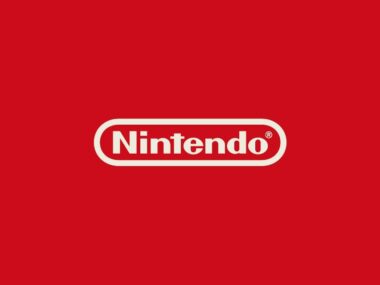Sony recently walked back some of its most controversial restrictions on PC versions of its games. It’s a welcome change. Helldivers 2 is playable again in regions where it was once blocked, and people are returning to it in force. But now that the dust has settled, one question lingers:
Why the sudden shift? What does it tell us about Sony’s direction?
A Quiet Reversal, With No Explanation
Sony has lifted regional restrictions on several major games available on Steam: God of War Ragnarök, The Last of Us Part II Remastered, Spider-Man 2, and Helldivers 2. These titles are now available in dozens of countries where they were previously inaccessible due to the lack of PlayStation Network (PSN) support.
That alone would be big news. Sony didn’t announce it. They didn’t explain it. They just did it and walked away.
That silence is telling. It’s consistent with how Sony has handled its PC strategy: slowly, quietly, and with minimal transparency. They’ve reversed deeply unpopular policies before. Like the PSN login requirement for Helldivers 2, but always after a wave of backlash. This time is no different. The reversal is welcome, but the lack of clarity leaves players guessing.
It’s Not Just About Appearances. It’s About Survival
Yes, Sony reversed course because it’s financially viable. But it’s more than that. It’s becoming necessary for survival. Microsoft just launched an Xbox-branded handheld and plans to release a new console in 2027. Combine that with Game Pass and native Windows support, and suddenly, Xbox looks like a far more flexible platform for modern gamers.
Sony, in contrast, feels stuck between eras. They’ve had major wins. Stellar Blade sold well, and the PC version launched without regional restrictions. But… they’re not setting the pace anymore. They’re reacting.
That’s a problem.
Once a Console Powerhouse, Now Caught in a Transition
There was a time when I enjoyed playing on PlayStation. Now? Going back to consoles feels like a step down. Death Stranding 2 launches exclusively on PS5, but it doesn’t move the needle. I’m happy to wait. The PC version, if it comes, is likely to be the definitive one, and in the meantime, there’s no shortage of high-quality, affordable PC games to enjoy.
This isn’t about bitterness. It’s about evolving expectations. Players are no longer willing to pay for a weaker experience and Sony seems to be just starting to realize that.
A Company in Flux
Sony isn’t just dealing with platform shifts. They’re also facing internal uncertainty. Bungie is struggling. Marathon is on shaky ground. Destiny 2 is fading. Their most recent State of Play presentation barely made a splash. For a company that once confidently led the industry, Sony feels unsure of itself.
They’ve made some smart moves. Lifting restrictions, loosening PSN requirements. But… they’ve also been slow and reactive. This is not a company that’s leading with a clear vision. It’s one testing the water with every step.
The Bigger Picture: What Comes Next?
Not all PlayStation games on Steam are now region-free or PSN-free. Some still require PSN for multiplayer or bonus features. Seven countries, like Russia and Iran, remain restricted entirely. And for live-service titles, Sony is unlikely to drop PSN requirements anytime soon.
But the broader trend is clear: Sony is trying to open up. The question is whether they’re moving fast enough.
In contrast, Microsoft is preparing for a platform-agnostic future. Valve is thriving. Even Nintendo, with its slower pace, is consistent and deliberate in how it manages its ecosystem.
Sony, meanwhile, is still figuring it out.
Caution Isn’t a Strategy
Sony’s recent changes show they’re willing to listen. When forced to. And in a rapidly changing industry, that won’t be enough. PC players have more options than ever. If Sony wants to be part of that future, they’ll need to stop hedging their bets and start making bolder moves.
Lifting restrictions is a start.
But now, they need a plan.






